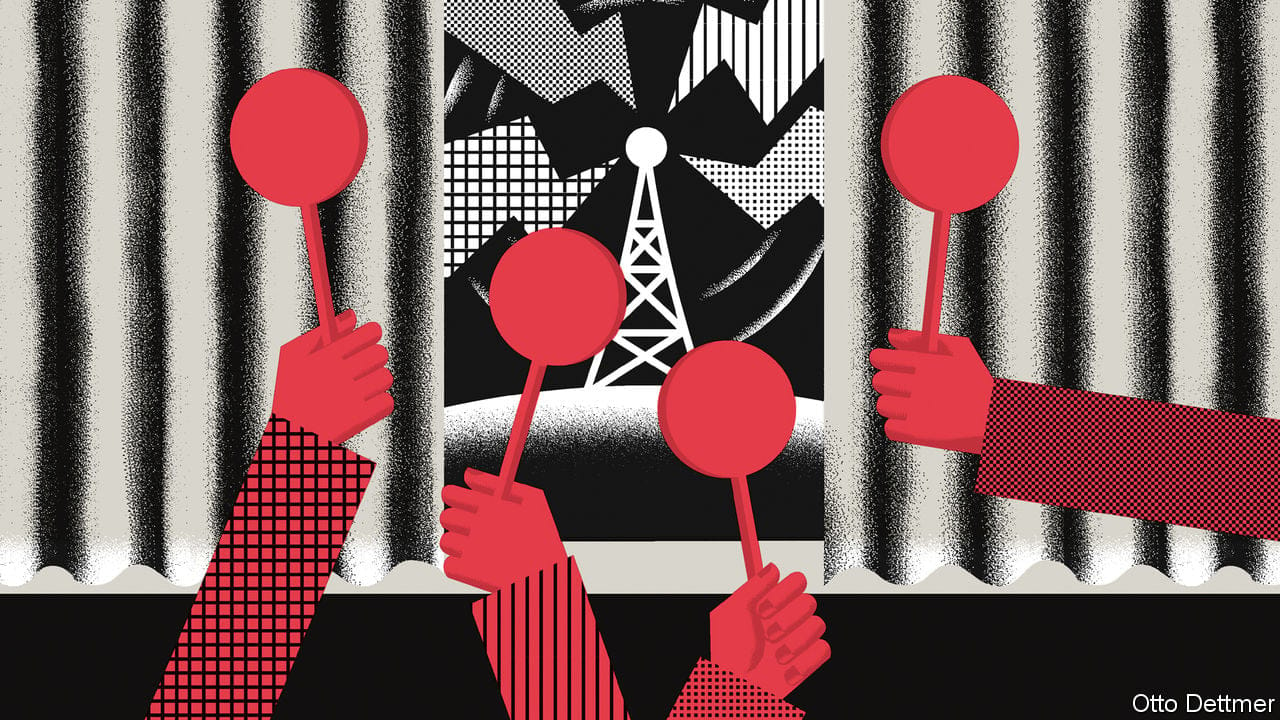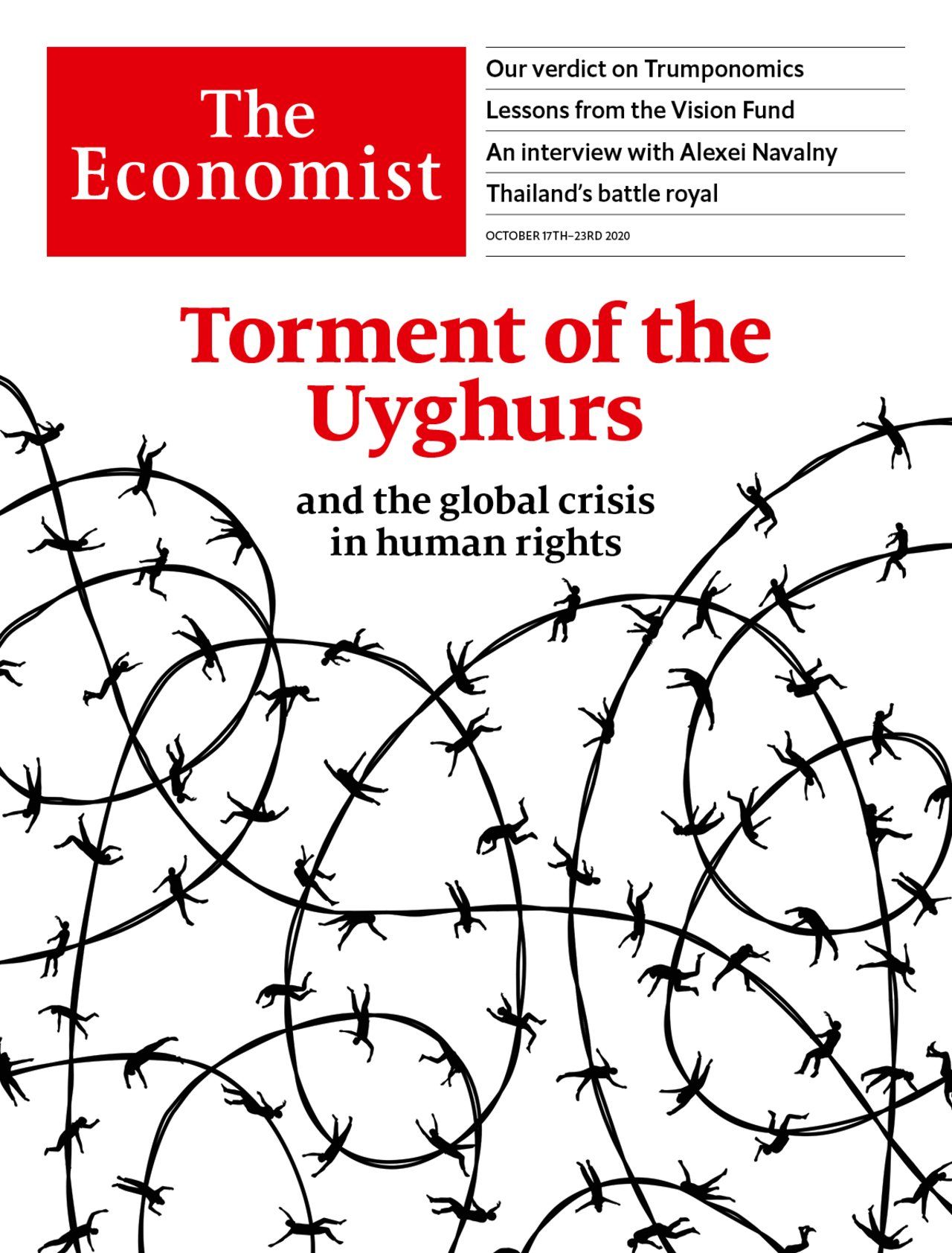The Nobel prize in economics rewards advances in auction theory
For the third time since 2007, it goes to designers of market mechanisms

IN 1991 ALVIN ROTH, who in 2012 would share the Nobel prize for economics, was asked how the discipline might change over the century to come. “In the long term”, he wrote, “the real test of our success will be not merely how well we understand the general principles which govern economic interactions, but how well we can bring this knowledge to bear on practical questions of microeconomic engineering.” Sweden’s Royal Academy of Science seems to agree. On October 12th it gave this year’s Nobel prize to Paul Milgrom and Robert Wilson, both of Stanford University, for their work on auction theory and design. Their work epitomises economics as engineering.
This article appeared in the Finance & economics section of the print edition under the headline “Winning bids”
Finance & economics October 17th 2020
- The Nobel prize in economics rewards advances in auction theory
- Can China’s reported growth be trusted?
- Wall Street says it is braced for losses. Now what?
- Why securing debt forgiveness for poor countries is so hard
- Low interest rates leave savers with few good options
- The IMF predicts that the world economy will suffer from “long covid”
- The tale of Iran’s stockmarket bubble is familiar—but also strange
More from Finance & economics

Can anything spark Europe’s economy back to life?
Mario Draghi, the continent’s unofficial chief technocrat, has a plan

Has social media broken the stockmarket?
That is the contention of Cliff Asness, one of the great quant investors

American office delinquencies are shooting up
How worried should investors be?
China is suffering from a crisis of confidence
Can anything perk up its economy?
America has a huge deficit. Which candidate would make it worse?
Enough policies have been proposed to make a call
Why Oasis fans should welcome price-gouging
There are worse things in life than paying a fair price
